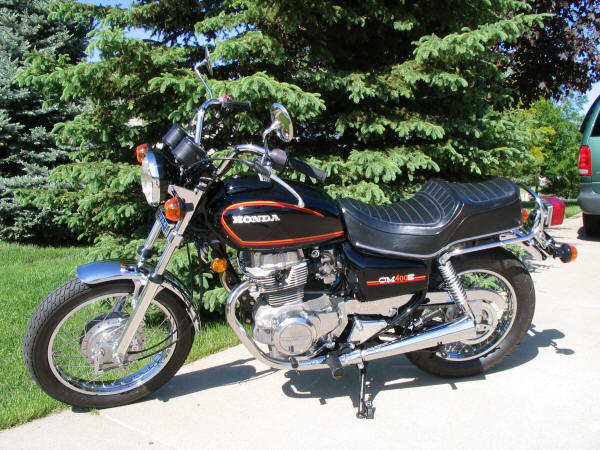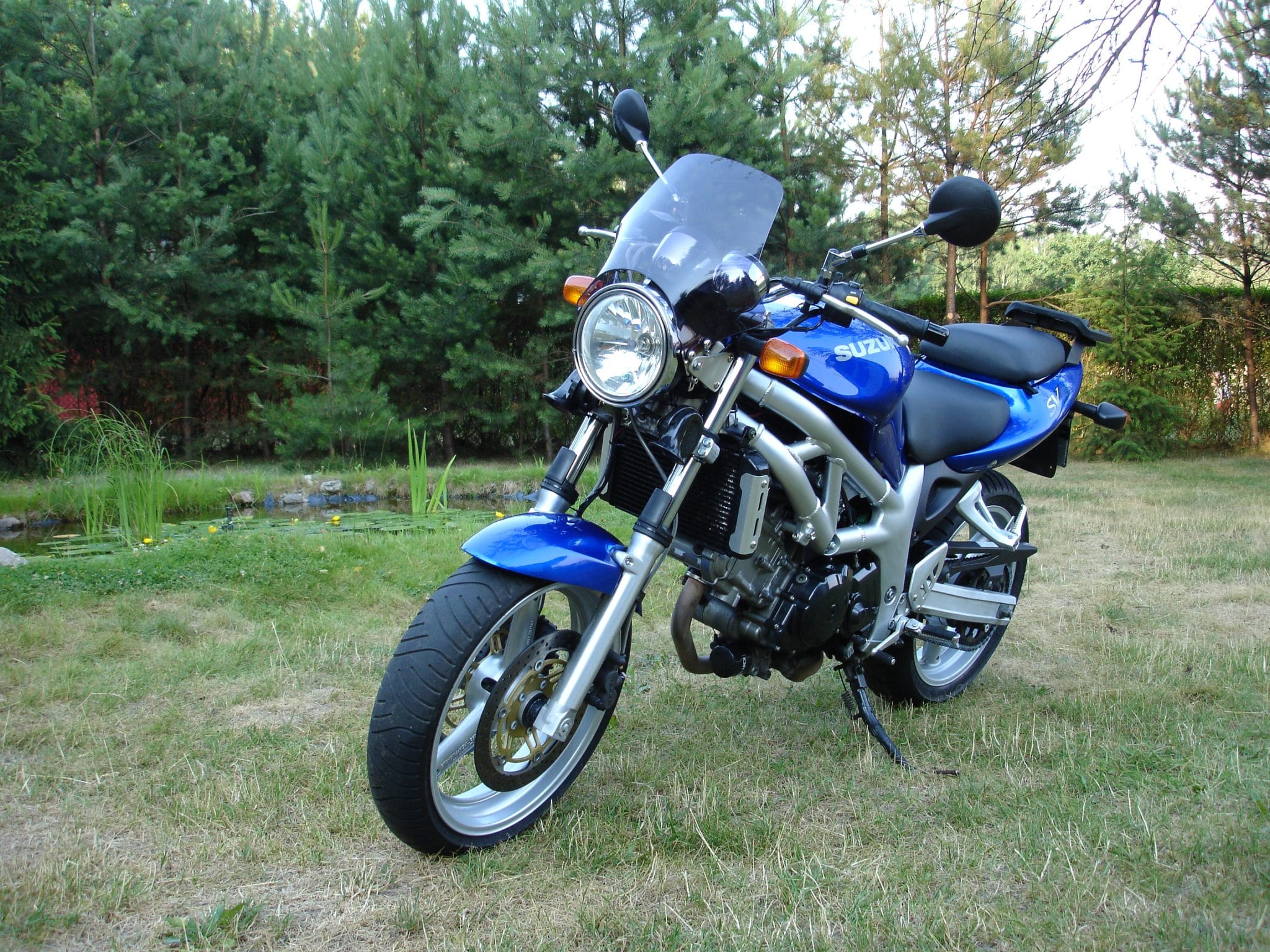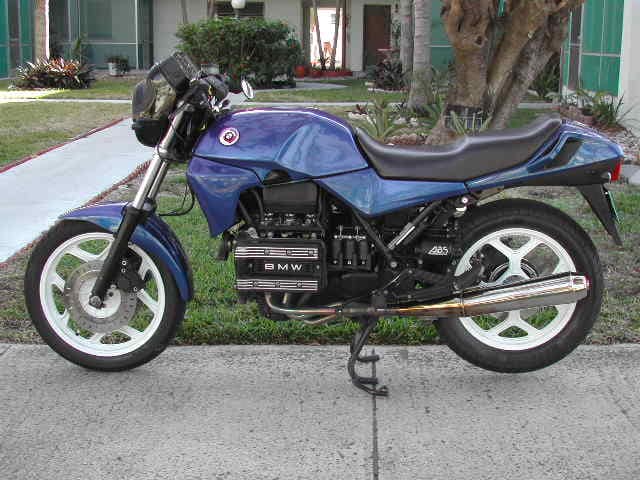I have found that as a general rule, fuel injection is way more reliable and maintenance free than carburetion. Carbs do have some advantages in their relative simplicity and weight savings, the lack of need for a fuel pump, and they are less costly for manufacturers. If you’re good with them you can optimize them to your liking with adjustment using simple hand tools. Fuel injection will yield marginally higher power and efficiency, and if done well can have a better throttle response than carbs. On modern motorcycles, using fuel injection and an ECU (computer) allows manufacturers to allow different riding “modes” at the push of a button. Undeniably carburetors are older technology, but even as of today (2020) many lower cost motorcycles still come stock with them. If you want to be a rider and not a tinkerer, for reasons that I will outline below, I would advise you to avoid carbs if you can.
Some carbs are more reliable than others, generally I’ve found the carbs Honda installs are very good. However, there inevitably seems to come a time when a carb jet gets clogged, or a float gets stuck, and you need to get the carbs off the bike and clean/rebuild. If you really like to tinker, then perhaps this will be enjoyable for you. Sometimes I have had an easy time cleaning and reinstalling carbs, and been off to the races afterward. There have also been times when I went through the process and reinstalled, only to find I still had an issue. Or other times I created another issue because of a vacuum leak I introduced, with a bad seal somewhere or a cracked boot. In all the vehicles I have owned, both cars and motorcycles, I have never had an issue with my fuel injection system (save a few bad fuel pumps which are generally easy to diagnose and switch out.) I have had countless carb issues I have had to deal with.
Ethanol: The Carb Killer
Pretty much all the gas you get at the pump in the US these days has a portion (likely 10%) of ethanol. Doesn’t matter if you’re getting 87 or high performance 95 octane, it has ethanol. When ethanol gas sits unused in your tank and carbs for a few weeks, it can begin to “varnish” into a sticky substance. Carbs were designed before we had government mandated ethanol added to gasoline, and now it is the bane of carbs’ existence. This sticky substance goes to work clogging the tiny jets, sticking floats and pins, and just generally gunking things up. Ethanol fuel can also cause substantial corrosion in your fuel system if you get some water in your fuel by leaving your bike outside and water seeping in through the gas cap. If you’re going to store your carbed motorcycle over the winter I highly recommend you use fuel stabilizer in it. Even better would be to pony up for some fancy ethanol free fuel and run your bike through with that before you store it.
There may be gas stations near you which have an ethanol free offering
I am lucky that here in upstate NY where I currently live, Stewarts gas stations actually have a line of ethanol free gas at the pump! As best I can I try to always use this in my motorcycles. Especially leading into the winter season where I am going to be on the bikes a lot less, I will be a lot more diligent about making sure I am only getting ethanol. Do some research online and you may find a gas station or two around you that have an ethanol free offering.




